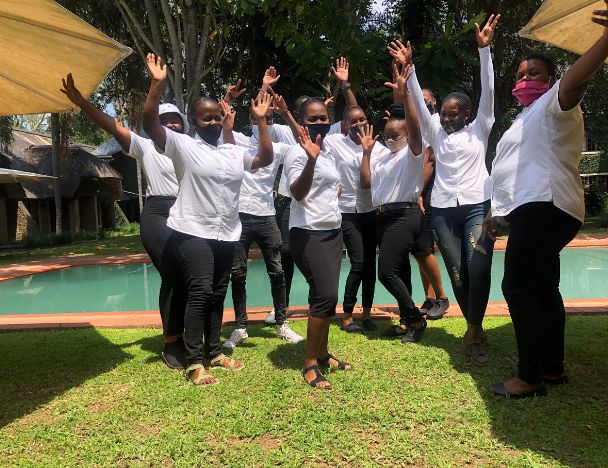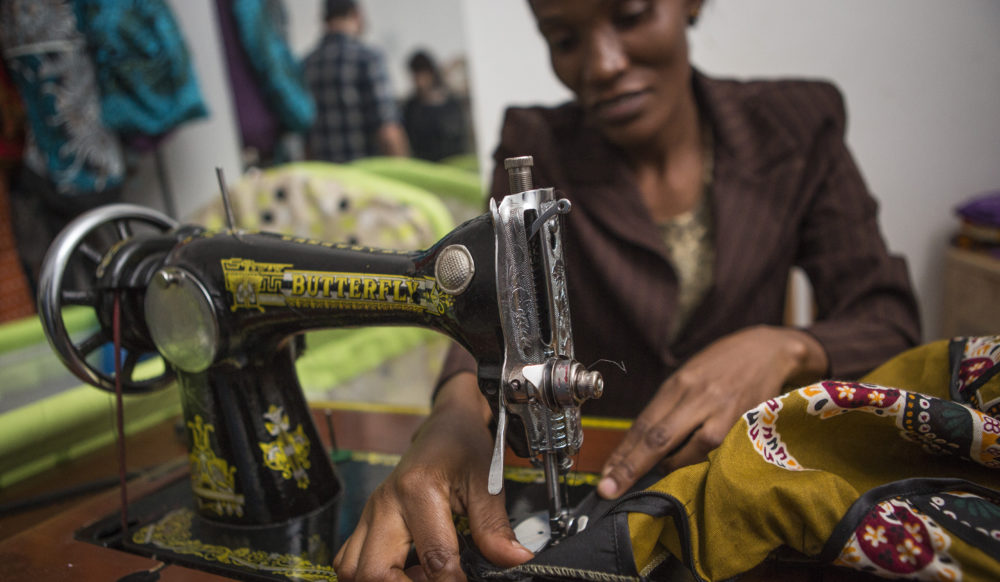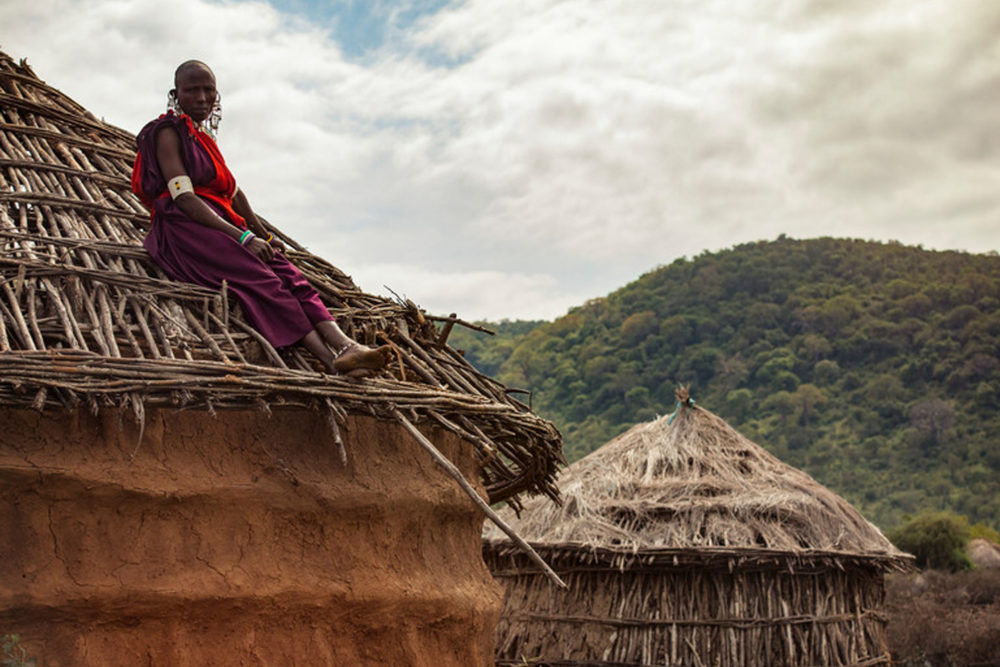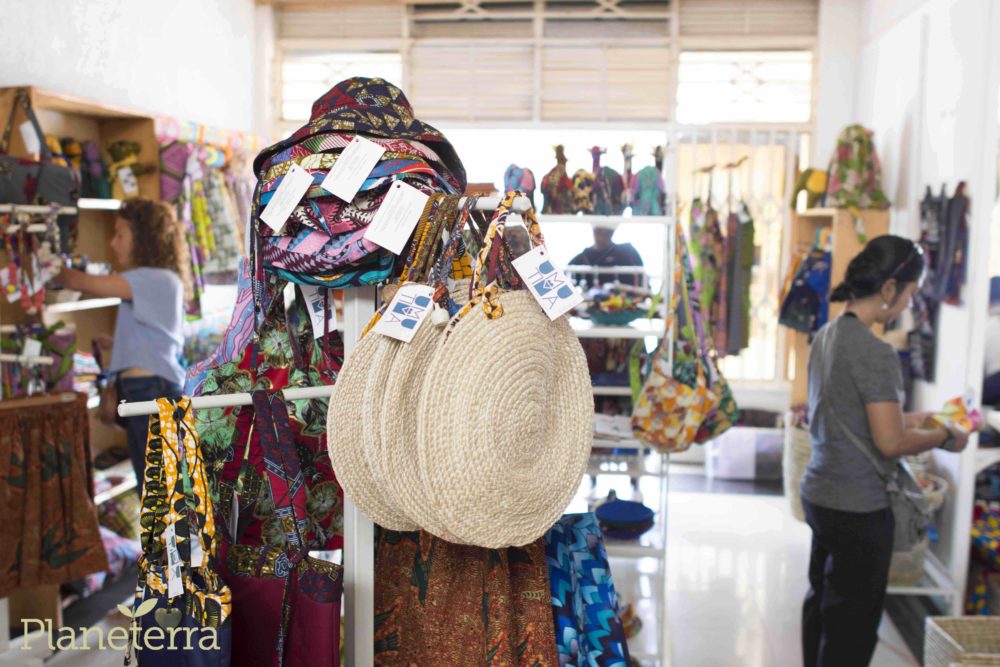Posadas Mayas
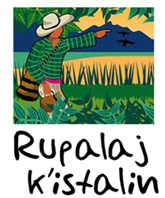
Impact
Through all of the tourism initiatives in San Juan La Laguna and the interconnectedness of all the activities, there are 47 families directly benefiting, but over 400 people indirectly benefiting from tourism. This translates into more access to education and scholarships, improving local infrastructure and training more people in the community in ways of doing sustainable and responsible tourism. The members involved with Posadas Mayas have developed an environmental education program that has been integrated into the local schools’ curriculum, benefiting around 2,000 members of the community. Topics include waste management, reforestation, and community cleanups. As a part of this program, they plant around 2,500 trees every year.

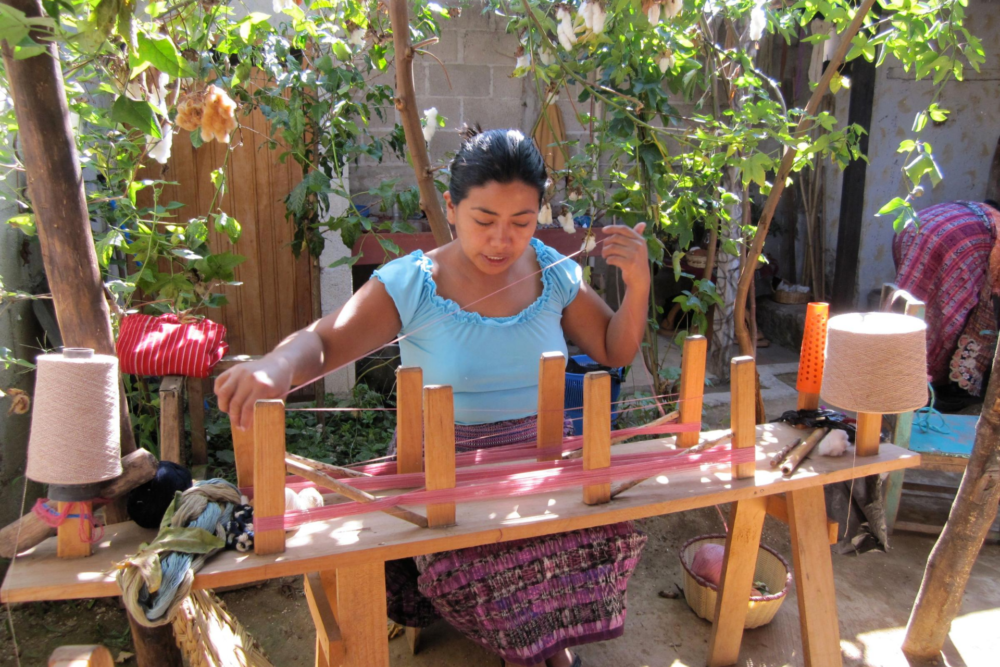
Critical Need
95% of the 10,177 inhabitants of San Juan La Laguna are Indigenous Mayans of the Tz’utujil ethnicity. The local economy is based on the cultivation and export of coffee by private producers, with community members working as labourers. Most men practice agriculture, while many women work as weavers. Local employment opportunities are extremely limited and many people travel several hours to the cities to find work, many spending several days away from home to be able to provide for their families. This area of Guatemala has strong Indigenous roots and they continually strive to protect their culture and the environment.
Our Involvement
Planeterra worked with the San Juan La Laguna community in Lake Atitlan to develop a homestay program and visitor centre for groups. This provides access to the tourism market for the small town that had traditionally lacked access to opportunities in tourism. Initiatives related to the homestay program include small businesses that support the tourism industry and the environment.
These projects aim to increase income for the Tz’utujil people, conserve their cultural heritage and support the long-term health of the local environment. The program is now supporting over 100 additional people in related micro-enterprises that include a Mayan art gallery, multiple weaving co-ops managed by women, coffee and chocolate co-ops, as well as local honey producers.



